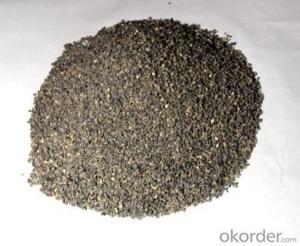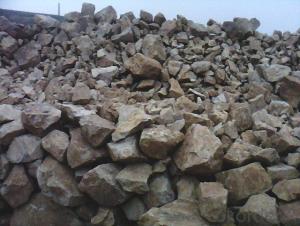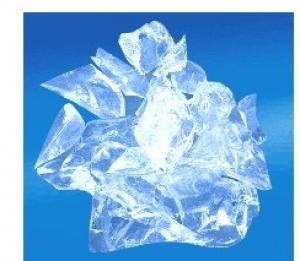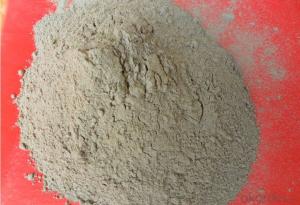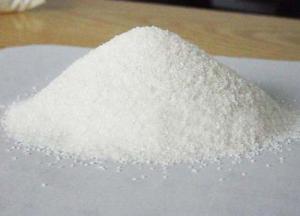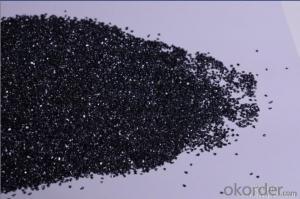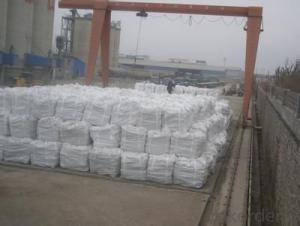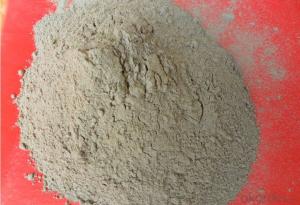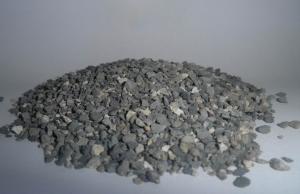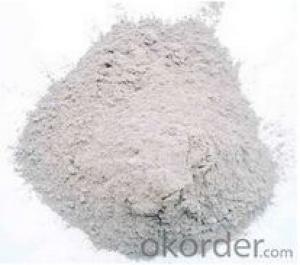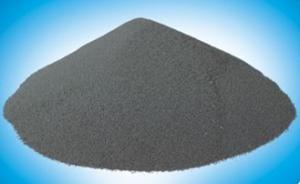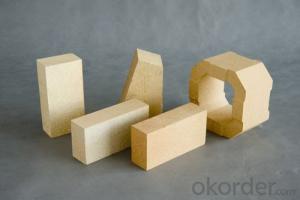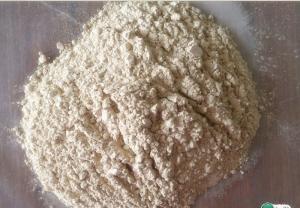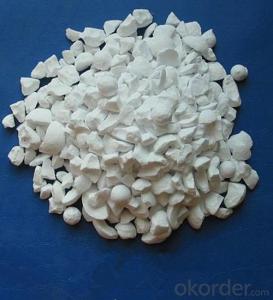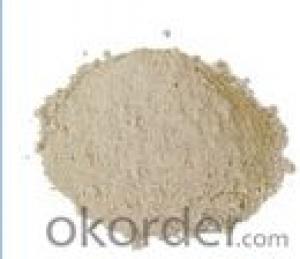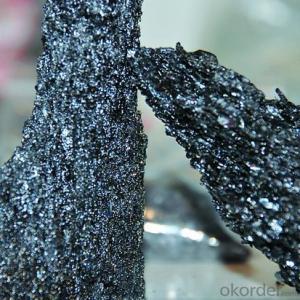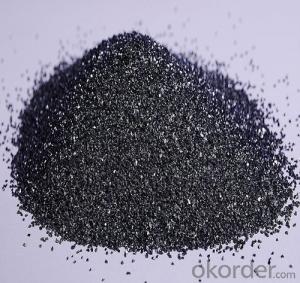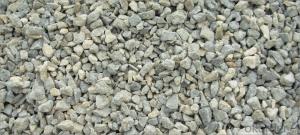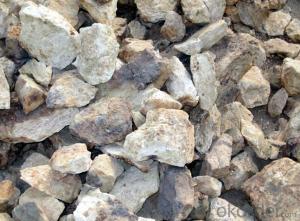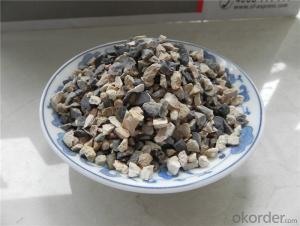All Categories
- - Steel Wire Rod
- - Steel Coils
- - Steel Profiles
- - Steel Pipes
- - Stainless Steel
- - Tinplate
- - Special Steel
- - Steel Sheets
- - Steel Rebars
- - Steel Strips
- - Hot Rolled Steel
- - Cold Rolled Steel
- - Pre-painted Steel
- - Seamless Steel Pipe
- - Welded Steel Pipe
- - Hollow Steel Tubes
- - Galvanized Pipe
- - Stainless Steel Coil
- - Stainless Steel Sheet
- - Stainless Steel Plate
- - Stainless Steel Strips
- - Electrolytic Tinplate Coil
- - Electrolytic Tinplate Sheet
- - Stainless Steel Rebars
- - Solar Panels
- - Solar Water Heater
- - Solar Related Products
- - Solar Inverter
- - Solar Cells
- - Solar Light
- - Solar Energy Systems
- - Solar Controllers
- - Solar Mounting System
- - Solar Pump
- - Solar Chargers
- - Fiberglass Chopped Strand
- - Fiberglass Mesh Cloth
- - Composite Pipes
- - FRP Pultrusion Profiles
- - Fiberglass Mat Tissue
- - Fiberglass Fabrics
- - Fiberglass Mesh
- - Composite Tank
- - Fiberglass Mesh tape
- - Polymer
- - FRP Roofing Panel
- - Fiberglass Roving
- - Monolithic Refractories
- - Ceramic Fiber Products
- - Refractory Bricks
- - Raw Materials For Refractory
- - Suspended Platform
- - Cranes
- - Concrete Machinery
- - Earthmoving Machinery
- - Building Hoist
- - Road Building Machinery
- - Plastic Pipe Fittings
- - Plastic Tubes
- - Plastic Sheets
- - Agricultural Plastic Products
- - Plastic Nets
Q & A
How are carbon-containing materials used in refractory production?
Carbon-containing materials are used in refractory production primarily for their high thermal conductivity and resistance to high temperatures. These materials, such as carbon fibers or graphite, can be added to refractory materials to improve their overall performance and durability. The carbon content helps enhance heat transfer and increase the refractory's ability to withstand extreme conditions, making it ideal for applications in industries such as steelmaking, glass manufacturing, and petrochemical processing.
How is vermiculite extracted and processed for refractory production?
Vermiculite is extracted through open-pit mining or underground mining methods, depending on the location and depth of the deposit. After extraction, the vermiculite ore is transported to a processing facility for further refinement. The refining process involves crushing, drying, and screening the ore to remove impurities and achieve the desired particle size.
Once processed, the vermiculite is then expanded by subjecting it to high temperatures in a specialized furnace. This expansion process causes the vermiculite to expand and exfoliate, resulting in a lightweight and highly absorbent mineral. The expanded vermiculite is then graded according to its particle size and used as a raw material for refractory production.
In refractory production, the expanded vermiculite is mixed with other materials such as binders, additives, and aggregates to form a refractory mix. This mix is then shaped into various refractory products, such as bricks, boards, and molds, which are used in high-temperature applications like furnaces and kilns.
Overall, the extraction and processing of vermiculite involve mining, refining, and expanding the ore to obtain the desired properties for refractory production.
What are the refractory raw materials used in lining torpedo ladles?
The refractory raw materials commonly used in lining torpedo ladles include magnesia, dolomite, and chromite.
Wholesale Raw Materials For Refractory from supplier in Slovakia
Whether you are looking to source raw materials for refractory products or explore business opportunities in Slovakia, we are here to assist you every step of the way. Our team of experts is dedicated to providing you with the best quality products, competitive pricing, and exceptional customer service.
We understand the importance of reliable and efficient supply chains in the refractory industry. That is why we have established strong partnerships with reputable suppliers and manufacturers worldwide. Our extensive product portfolio includes a wide range of raw materials such as alumina, magnesite, silica, and more, ensuring that we can meet your specific requirements.
In addition to our sales and procurement services, we also offer comprehensive technical support. Our team of engineers and technicians will work closely with you to understand your project needs and provide customized solutions. Whether it is assistance with product selection, technical specifications, or troubleshooting, we are committed to helping you achieve success.
As a subsidiary of CNBM, a Fortune Global 500 company, we have the resources and expertise to deliver a seamless procurement experience. Our strong market presence in Slovakia allows us to leverage our local knowledge and connections to provide valuable insights and guidance for your projects.
Beyond business, Slovakia offers a wealth of natural beauty and cultural experiences. From hiking in the High Tatras to exploring historic castles and charming towns, Slovakia has something for everyone. Its strong economy and business-friendly environment make it an attractive destination for investment and trade opportunities.
Contact us today to discuss your raw material needs or to explore business opportunities in Slovakia. We look forward to partnering with you and contributing to your success.
We understand the importance of reliable and efficient supply chains in the refractory industry. That is why we have established strong partnerships with reputable suppliers and manufacturers worldwide. Our extensive product portfolio includes a wide range of raw materials such as alumina, magnesite, silica, and more, ensuring that we can meet your specific requirements.
In addition to our sales and procurement services, we also offer comprehensive technical support. Our team of engineers and technicians will work closely with you to understand your project needs and provide customized solutions. Whether it is assistance with product selection, technical specifications, or troubleshooting, we are committed to helping you achieve success.
As a subsidiary of CNBM, a Fortune Global 500 company, we have the resources and expertise to deliver a seamless procurement experience. Our strong market presence in Slovakia allows us to leverage our local knowledge and connections to provide valuable insights and guidance for your projects.
Beyond business, Slovakia offers a wealth of natural beauty and cultural experiences. From hiking in the High Tatras to exploring historic castles and charming towns, Slovakia has something for everyone. Its strong economy and business-friendly environment make it an attractive destination for investment and trade opportunities.
Contact us today to discuss your raw material needs or to explore business opportunities in Slovakia. We look forward to partnering with you and contributing to your success.
Hot Search
- Monolithic Refractories in Kyrgyzstan
- Ceramic Fiber Products in Timor Leste
- Refractory Bricks in Uruguay
- Raw Materials For Refractory in Singapore
- Ceramic Fiber Products in Ecuador
- Monolithic Refractories in Iceland
- Refractory Bricks in America
- Ceramic Fiber Products in Qatar
- Raw Materials For Refractory in Yemen
- Ceramic Fiber Products in Philippines
